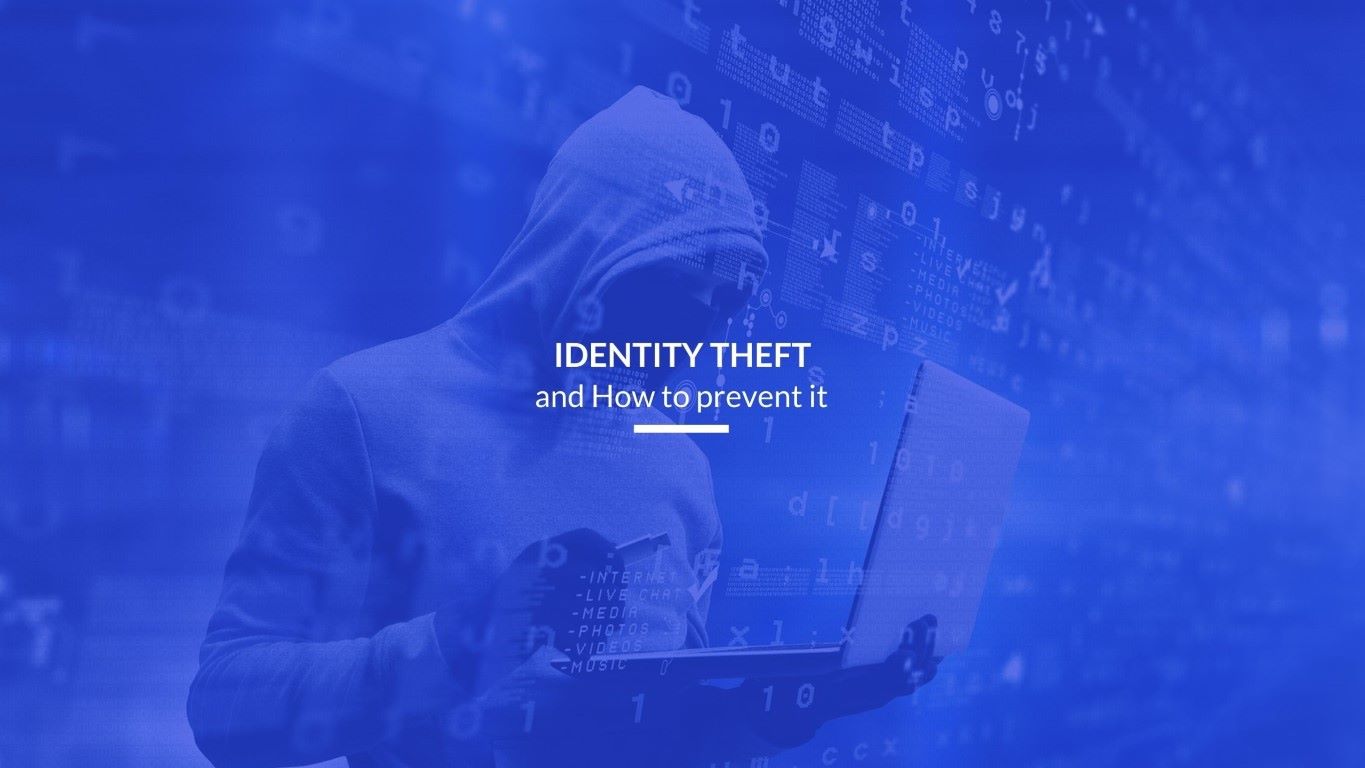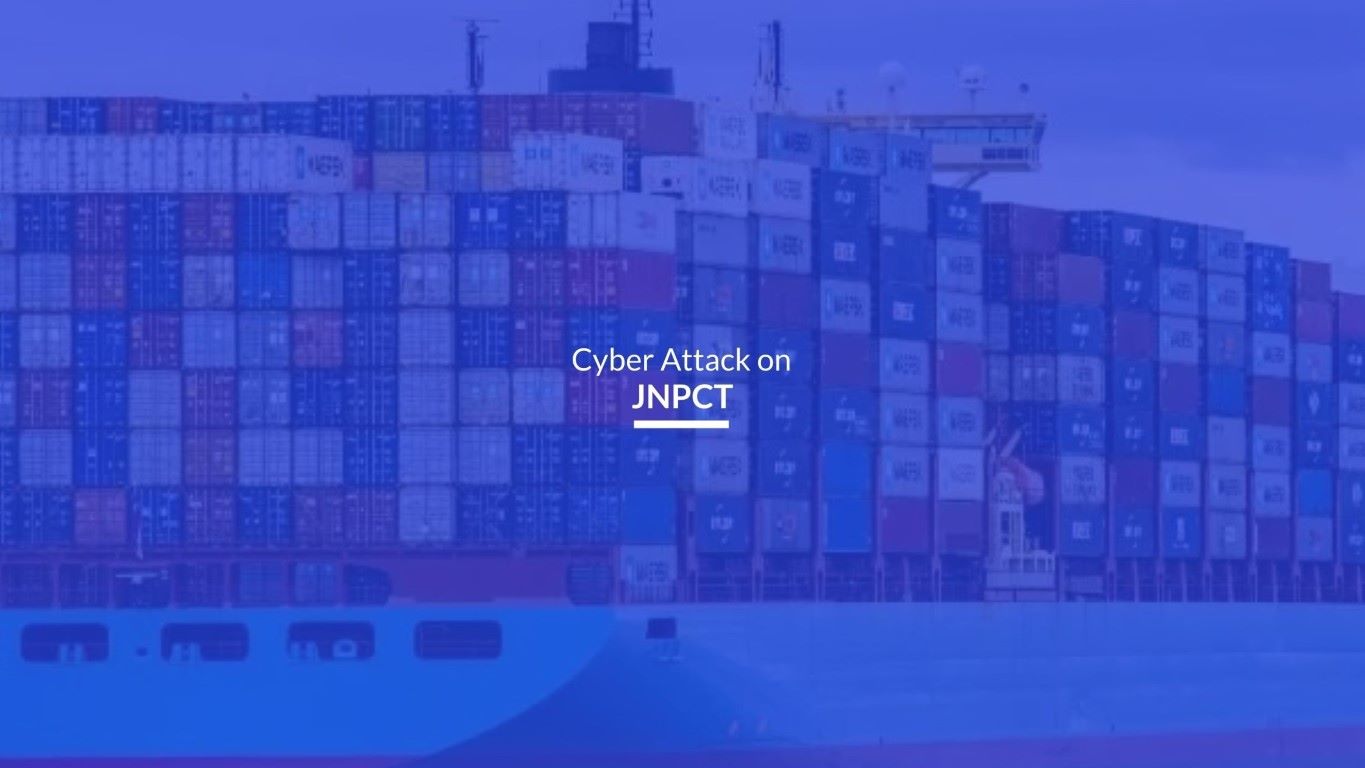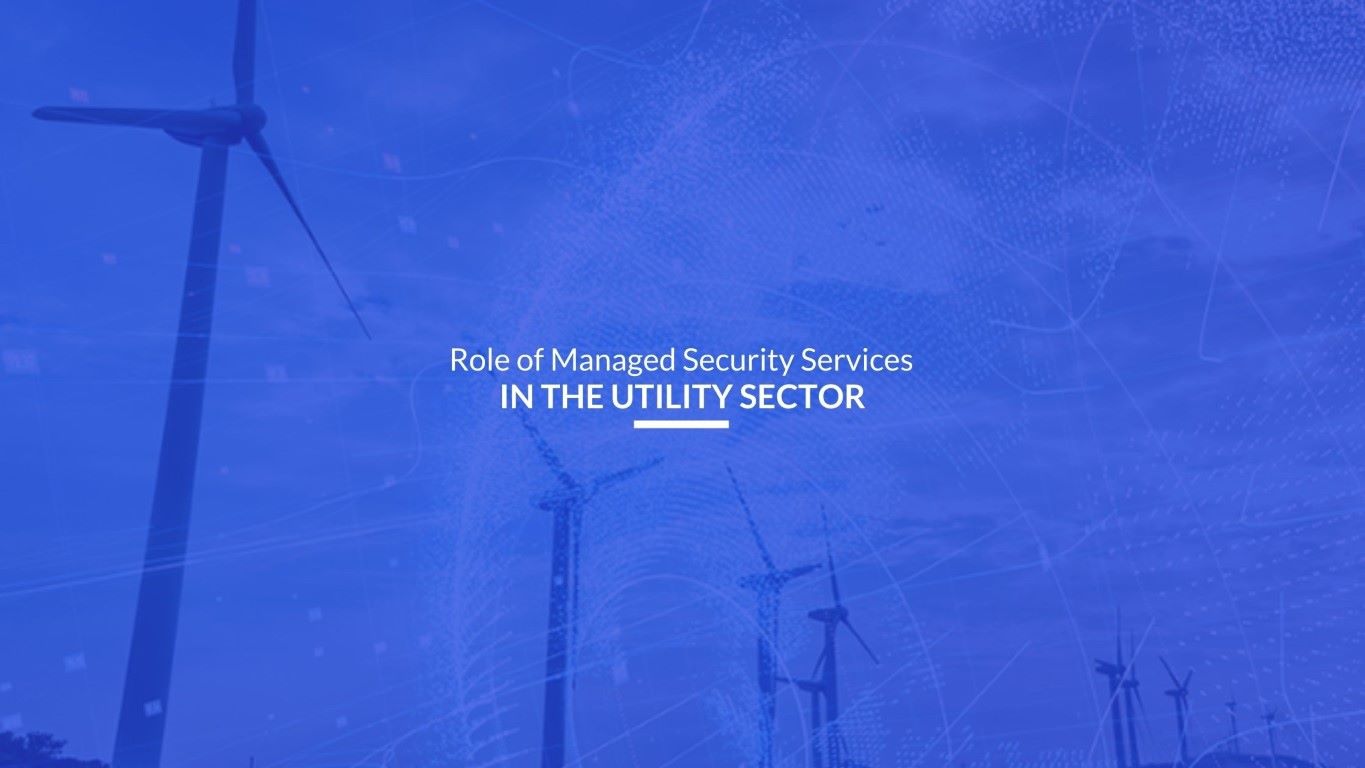The Ministry of Electronics & Information Technology (MeitY) has been appointed as the nodal ministry for the online gaming industry. Industry leaders have agreed upon the government’s decision of letting the IT ministry handle matters related to online gaming.
With digital transformation swiftly covering the country, India’s online gaming market is rapidly booming. The number of online gamers has surged in and after the pandemic era as people started to lean towards online gaming.
As a result, the government took a major step in formulating rules and regulations for the online gaming industry by involving MeitY in the world of online games.
A task force consisting of seven members has been formed by MeitY to regulate legislation of online gaming. Soon, the government will come up with proper policies and laws as online gaming is causing a serious impact on society. Furthermore, new laws and regulations will greatly improve the cyber resiliency of online gaming as the industry is mostly targeted by cybercriminals. New regulations will greatly improve data privacy policies and reduce the chances of identity theft.
There is no doubt that online gaming provides a lot of entertainment and mental relaxation in our free time but it also brings a lot of cyber threats. With MeitY becoming the nodal ministry, new rules and regulations will greatly improve the threat landscape. Also, users should implement a proactive security plan to reduce vulnerabilities.
Cyber Risks Of Online Gaming:
Some of the biggest online gaming risks include:
- Malware & Virus
- Ransomware Attacks
- Identity Theft
- Account Takeover
- Spyware
- Cross-Site Scripting
- Phishing emails
- DDoS Attacks
Safety Measures For Safe Online Gaming : Do’s & Don’t’s
- 1. Only make game-related purchases through official websites. Don’t click on any links that take you to external websites.
- Ignore solicitations for your banking, financial, or personal information in emails or direct messages. Even if it appears to be from a gaming platform, trustworthy businesses never message you for personal information.
- Avoid disclosing sensitive information about yourself, your identity, or your accounts online. Never divulge your login information to friends.
- When logging into the game, use a secure password. A strong password is one that is challenging to decipher and has a mix of uppercase, lowercase, digits, and symbols. A password should never be used for multiple accounts.
- Use two-factor authentication, this means that in order to log in, you (and anybody else attempting to access your account) will need two forms of identification, typically your phone number and password.
- Don’t ever click on links that request that you confirm your password. Any email that requests that you update your login details should be deleted instead.
- Avoid making transactions with debit cards. This is so because credit cards often provide more robust security safeguards.
Statistical representation of online cyber-attack which includes online gaming scams.

Do check our website www.primeinfoserv.com for more details or write us at info@primeinfoserv.com or contact us at +913340085677 for queries.




